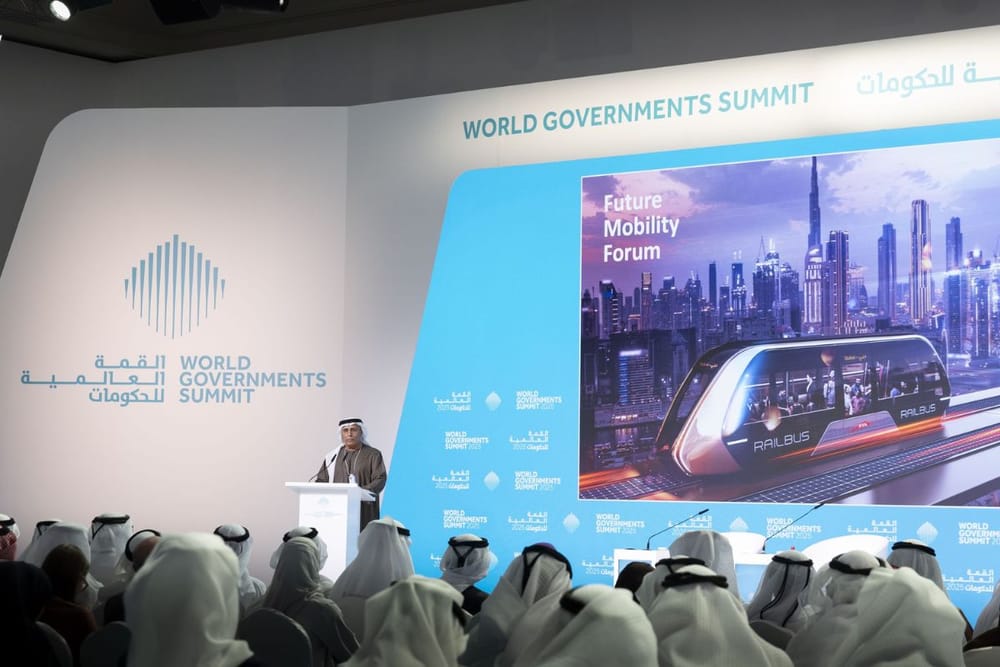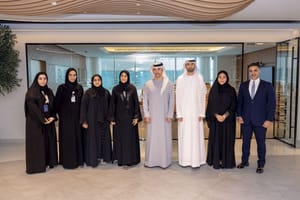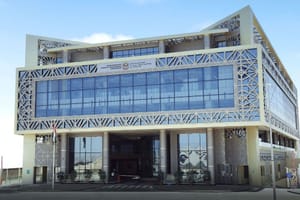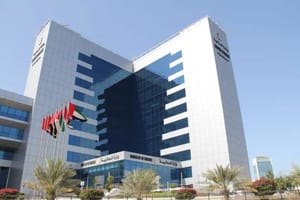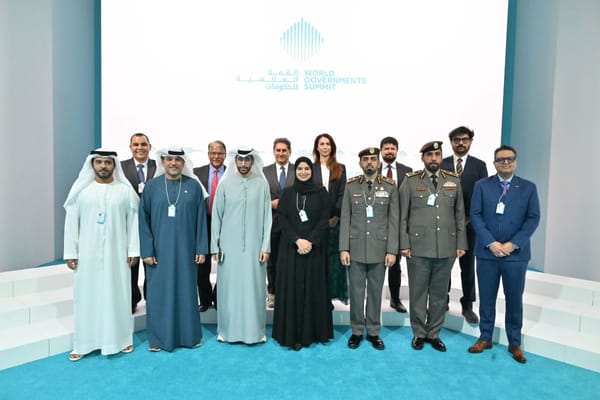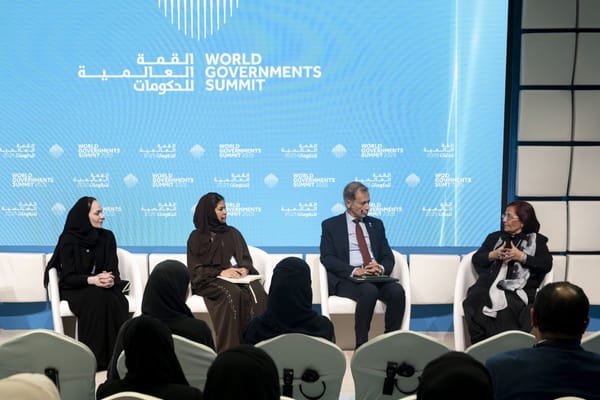Dubai’s Future of Mobility Forum, held as part of the World Governments Summit (WGS), brought together global leaders and experts to discuss cutting-edge advancements reshaping transportation.
The forum focused on sustainability, AI-driven innovation, and the evolution of aviation and automotive industries.
Mattar Al Tayer, Director General of the Roads and Transport Authority (RTA), highlighted the role of emerging technologies like AI in optimizing transportation. He noted that AI integration could reduce traffic congestion by 30% and travel time in major cities by 25% by 2035. He also emphasized Dubai’s commitment to sustainability, with plans to make taxis and limousines fully electric or hydrogen-powered by 2040 and public buses emission-free by 2050. The city’s Autonomous Transportation Strategy aims to convert 25% of its transport network to autonomous modes by 2030.
Dubai continues to expand its smart mobility infrastructure, including aerial taxi services, with the first takeoff and landing stations expected near Dubai International Airport by 2026. Additionally, the Blue Line metro extension will add 30 kilometers to the world’s longest driverless metro system.
The forum featured key discussions, including “Reinventing the Wheel,” where industry experts examined how AI, autonomous vehicles, and Big Tech are disrupting the automotive sector. Another session, “Beyond the Skies,” focused on aviation innovation, sustainable fuels, and electric aircraft.
Montenegro’s Prime Minister Milojko Spajić stressed the importance of global cooperation in mobility innovation. The forum concluded with a call to action for industries and governments to embrace transformation, invest in sustainability, and prioritize consumer-focused solutions. As mobility rapidly evolves, such discussions pave the way for a more efficient, sustainable future.
News Source: Emirates News Agency
